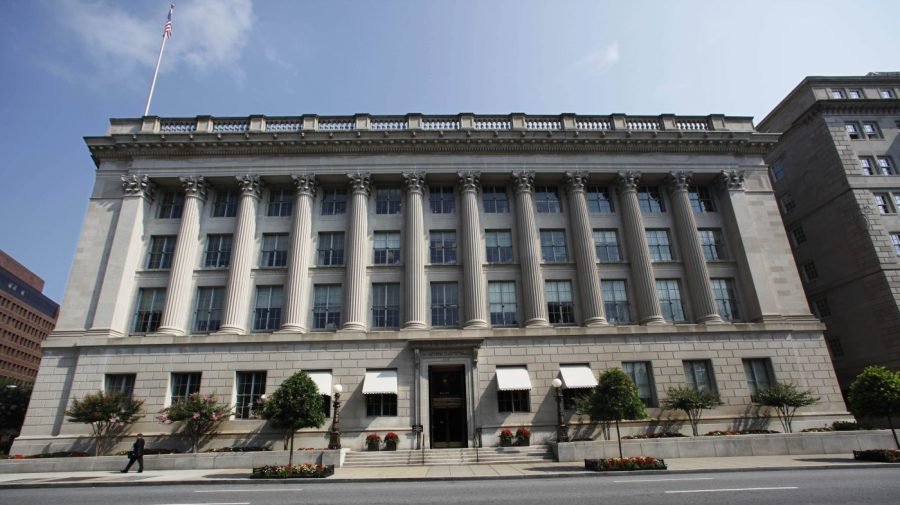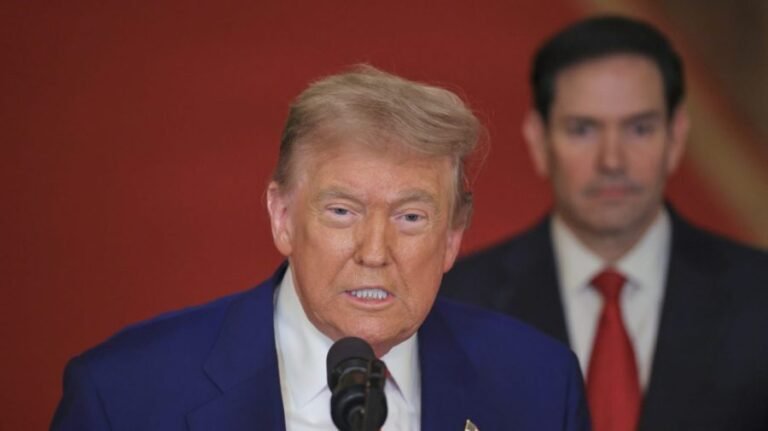
The U.S. Chamber of Commerce asked the Trump administration Wednesday for tariff exemptions for certain businesses and products, raising concerns about a recession.
“The Chamber is hearing from small business owners every day who are seeing their ability to survive endangered by the recent increase in tariff rates,” Suzanne Clark, the Chamber’s president and CEO, said in a letter addressed to Treasury Department Secretary Scott Bessent, Commerce Secretary Howard Lutnick and U.S. Trade Representative Jamieson Greer.
“The Chamber requests the administration take immediate action to save America’s small businesses and stave off a recession,” she added.
In the letter, Clark called for small businesses that import to have “an automatic exclusion from” recent tariffs. Clark also pushed for exemptions “for all products that cannot be produced in the U.S. or are not readily available from domestic sources” from being tariffed.
President Trump’s tariff policy in his first few months in office has rattled markets worldwide, increased economic uncertainty and strained relationships with longtime American allies like Canada and the European Union.
“The Chamber shares President Trump’s goals of expanding American production, creating new jobs, and growing our economy,” Clark said in the letter.
“To those ends, we look forward to continuing to work with the administration to advance pro-growth policies, including a permanent extension of the Tax Cuts and Jobs Act, deregulation, permitting reform, and expansion of American energy production,” she added.
American automaker General Motors (GM) said Thursday that Trump’s tariffs could cut as much as $5 billion from its profits this year.
In a letter to investors, GM CEO and Chair Mary Barra said that taking into account “the positive impact of the Administration’s actions this week,” $10 billion and $12.5 billion in earnings before interest and taxes is expected by the company this year, with a $4 billion to $5 billion loss due to the president’s tariffs.
The Hill has reached out to the Treasury Department, the Commerce Department, the Office of the U.S. Trade Representative and the White House for comment.


